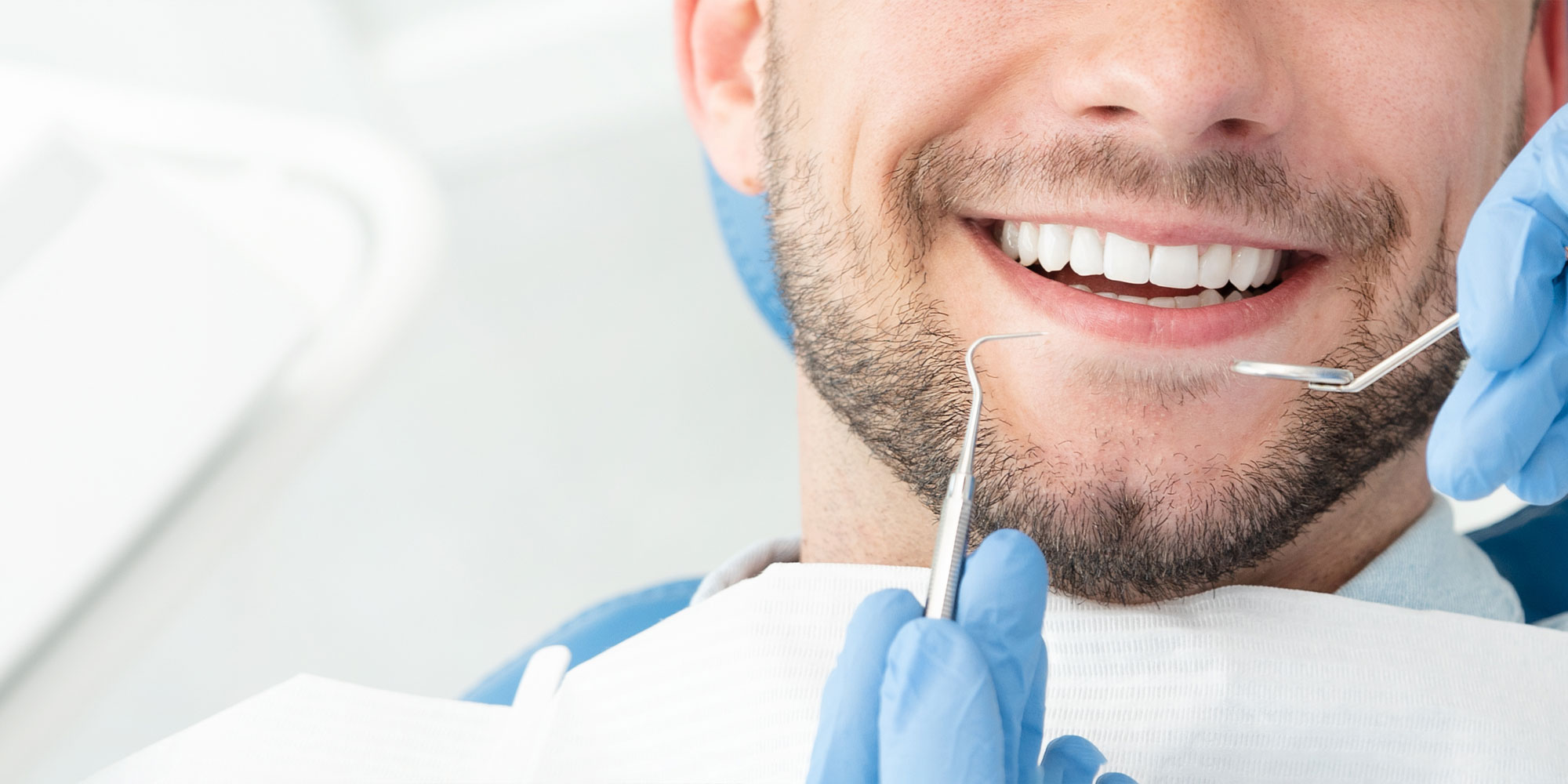Dental emergencies rarely happen at a convenient time. Whether you’re out for dinner and have a filling fall out, or playing football with friends and chip your tooth, an emergency dentist in Orlando FL will help you resolve the issue as soon as possible.
Prompt treatment can ease pain, save teeth, and address other complications. Read on to find out what types of dental issues constitute an emergency.
Tooth Pain
Tooth pain is a common dental emergency that can occur because of tooth sensitivity, tooth decay, gum disease, or an injury. If the sharp pain is caused by a broken tooth or chipped teeth, it’s important to seek treatment from an emergency dentist as soon as possible. The longer you wait, the more likely your tooth will become damaged and the more expensive it will be to repair.
Constant, severe pain and pressure accompanied by a fever may be signs of an infection or abscess in the pulp tissue of your tooth. This requires immediate attention from an emergency dentist to prevent the infection from spreading to other areas of your mouth or body.
Rinsing with cold or warm water and using over-the-counter pain relievers can help until you can make an appointment to see a dental professional. It’s also a good idea to protect your teeth by wearing a mouth guard when playing sports and taking steps to decrease the risk of oral injuries.
Broken Teeth
A cracked or broken tooth is another Emergency Dentist in Orlando FL that can be treated by an emergency dentist. A minor crack or chip in a tooth may not be painful or cause other problems, but if the break exposes yellow dentin and/or red exposed pulp, it should be seen by an emergency dentist.
A knocked out tooth can also be treated by an emergency dentist. Rinsing the mouth and any salvaged tooth fragment with warm saline or salty water and applying a cold compress will help reduce pain and bleeding. It is important not to touch or remove the tooth, as this could cause further damage.
A missing tooth can be replaced with a bridge or implant. A missing tooth can lead to further oral health issues, so it is best to see an emergency dentist as soon as possible. Loose or broken fillings need to be treated as well. Left untreated, these can lead to a tooth cavity and make the teeth more prone to breaking.
Loose Fillings
Tooth fillings can become loose over time, or they may be dislodged from chewing on hard food. A loss of a filling is a dental emergency because it exposes the tooth to additional decay and makes it vulnerable to further trauma. Loose fillings can also cause sensitivity and pain, especially when biting down.
A lost filling should be treated as soon as possible by an emergency dentist in Orlando FL. This can help prevent the need for a root canal and save you money in the long run.
Some signs of a lost filling include sensitivity or pain in the affected tooth, a cracking sound when biting, or seeing that a portion of the tooth is missing. Patients can take measures to avoid losing a filling, such as wearing a mouthguard during sports, eating soft foods, and not using the teeth to open packages or bottles. Dental exams every six months can help patients spot problems before they worsen.
Broken Crowns
Sometimes dental crowns crack or chip. When this happens, you should call your dentist to schedule an appointment to fix the broken crown. This will prevent it from falling out of your mouth and causing injury to the soft tissue inside of your cheek or tongue. If the crown has jagged edges, try to save them in case you need to reattach the tooth crown later.
In general, a cracked or broken tooth crown is not considered a dental emergency. However, if the tooth crown is very loose and the damage is extensive, it may be best to schedule an emergency dentist appointment so that the crown can be repaired or replaced. This will protect the tooth and root from bacteria and ensure that you do not experience any pain or discomfort. It is also important to avoid putting any pressure on the tooth or breaking off any more of the crown. Then, make sure to practice good oral hygiene to keep the surrounding teeth healthy.

